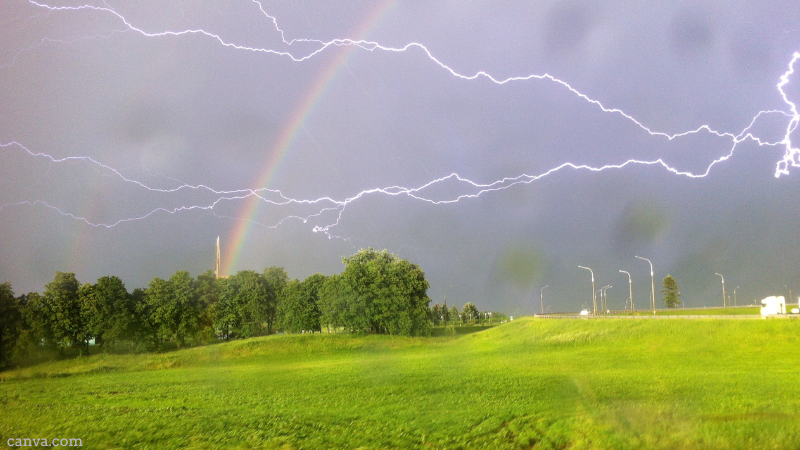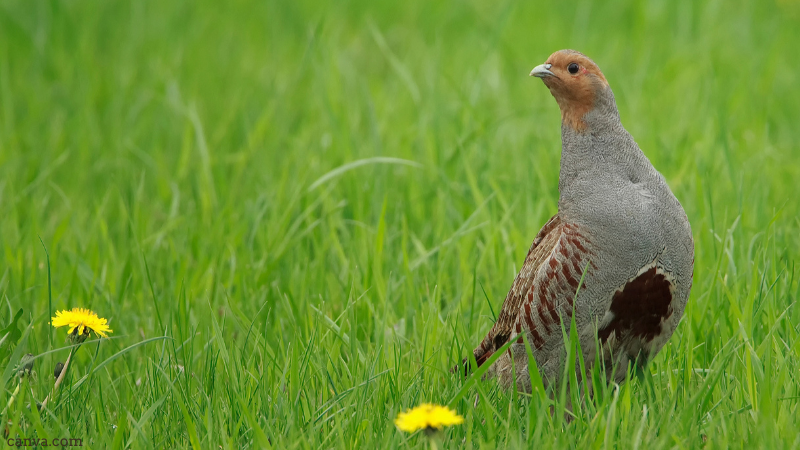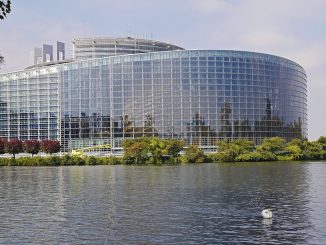
The EU’s Nature Restoration Law has suffered yet another set back after a number of EU countries refused to greenlight the final shape of the negotiated law – something that both the Commission and campaign groups warn risks undermining the EU’s international credibility. Natasha Foote reports.
Another day in Brussels, another spanner in the works for a landmark text of the European Green Deal.
The notorious Nature Restoration Law (NRL), proposed in June 2022, aims to reverse the drastic decline of Europe’s nature, with the ambition to restore 20% of the EU’s land and sea areas by 2030, and incrementally working towards full health by 2050.
It includes a number of provisions that touch the agricultural sector, including the development of national plans on restoration measures and voluntary rewetting of peatlands.
After an extremely rocky road paved with push backs from the right of the Parliament and farming groups, negotiators finally agreed on a compromise text – albeit in a watered-down form – back in November. All that was left was for lawmakers to officially sign off the law.
After intense rounds of technical negotiations, it is usually a formality – but this step has proved anything but for this law.
After surviving a knife-edge final vote in the Parliament, the law now faces a similarly tense fate in the hands of the Council, where last minute political manoeuvres derailed proceedings on Friday (22 March).
After a failure to rally enough support for the text, two votes intended to seal the deal once and for all – one at the technical level on Friday and another at a meeting of EU environment ministers on Monday (25 March) – have been postponed “until later notice”, according to a diplomatic source.

The blocking minority
Italy, the Netherlands, Sweden, Poland, Finland and Hungary all suggested they could not support the vote, while Belgium – the current holder of the reins of the rotating EU Presidency – and Austria signalled they would abstain.
This means the law would have failed to reach the qualified majority necessary. In the Council, legislation needs the support of at least 15 member states representing 65% or more of the EU population. Currently member states supporting the NRL represent 64.05% of the population.
For some, the issues run deep – the Netherlands, for example, takes issue with the binding goals for 2040 and 2050, maintaining in a statement that these will “intensify” the challenges for implementation.
Meanwhile, despite being part of those that are blocking progress on the file, Belgium’s minister for the climate transition, Alain Maron, told green NGOs ahead of Monday’s meeting that he “regretted” the fact there was no majority for the law while stressing the urgency to move forward on environmental legislation.
During Monday’s meeting of EU environment ministers, Maron said it was “not the end of the road” for the file, promising to work over the next few weeks to “try to move things forward”.
However, it was the last minute U-turn from Hungary, whose MEPs backed the vote in Parliament, that put the final nail in the coffin of the proceedings – something environmental campaigners were quick to condemn. “The unexpected and clearly politically motivated change in Hungary’s position […] has now put the NRL in jeopardy again, giving Hungary’s President Viktor Orbán the green light to further his own agenda and hold EU decision-making hostage,” a statement from WWF EU reads.
Speaking during Monday’s meeting, Anikó Raisz, minister of state for environmental affairs and the circular economy, defended their position given the “sensitive situation in the agriculture sector and food security”.

EU’s international reputation ‘at stake’
For Environment Commissioner Virginijus Sinkevičius, the current deadlock raises “serious questions over the consistency and stability of the EU decision making process,” noting that member states already provisionally endorsed the deal after the trilogues.
“[I am] not only worried about the political consequences of the non-conclusion of this key EU green file, but also the disastrous signal this sends in terms of our credibility and our institutions, especially internationally,” the Commissioner said at Monday’s meeting of EU environment ministers.
The Commissioner added that, with this deadlock, the EU and “its international reputation is at stake,” referencing the international commitments the EU has made – and spearheaded – to tackle climate change. Stressing the need for “transparency and accountability” in the decision making process, Sinkevičius emphasised the importance of “respecting roles of each and every institution”, noting that the European Parliament, representing EU citizens, greenlit the deal a few weeks ago.
Likewise, for the RestoreNature coalition, made up of green groups BirdLife Europe, ClientEarth, EEB and WWF EU, the failure to enact the NRL not only undermines the EU’s commitment to environmental protection, but also also “jeopardises the EU’s decision-making processes on other crucial files”.
This includes the achievement of its ambitious climate targets and its readiness to address impending climate-related disasters, they said. The coalition stressed that the move “at best suggests a deep failure to understand the situation we are in and what it means for the rights of citizens”.
But for EU farming lobby COPA-COGECA, the proposal is “poorly designed and poorly funded” and “continues to raise questions at every level for European decision-makers”. “We call on the member states to assess the consequences of implementing such a proposal on the ground and to vote to refer this proposal back to the Commission for review,” the group said in a statement.
More
Don’t Dismantle CAP’s Green Rules say 330 European Organisations
Nature Restoration Law Passes Final Hurdle in Parliament, Now Set to Become Law
EU Must Make Pesticide Reduction a Reality – 125 organisations
European Farmers are Angry: Addressing Root Causes Would Overcome Polarisation





